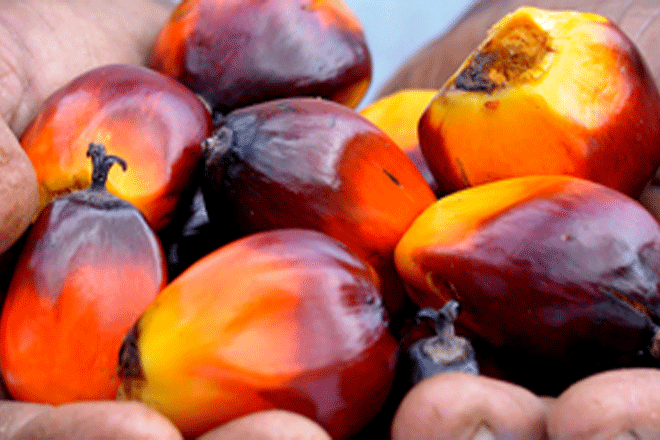The Sri Lanka Association for the Advancement of Science (SLAAS) and the National Science Foundation (NSF) hosted a workshop to review the policy on Oil Palm Cultivation in Sri Lanka.
The workshop was held under the patronage of the Asia Palm Oil Alliance (APOA) and Solidaridad Asia, and coordinated by Nucleus Foundation.
In April 2021, the Sri Lankan Government imposed a ban on palm oil imports and cultivation. Further, the government ordered the uprooting of oil palm trees and replanting such areas with rubber trees. The decision was based on concerns about the palm oil industry’s perceived negative social and environmental impacts, reported in a contestable 2018 report.
While the ban on palm oil imports was swiftly reversed after causing a significant financial strain of $88 million, the prohibition on oil palm cultivation remains in effect. The reversal of the palm oil import ban was deemed a prudent move, alleviating immediate challenges faced by the local food and confectionary industry.
However, the decision to persist with the ban on palm oil production raises questions, especially given the current economic crisis and the depletion of
Sri Lanka's foreign reserves. It also deprived numerous smallholder farmers of the opportunity to benefit from oil palm cultivation, a prospect that has proven successful in neighboring India and also in countries such as Malaysia, and Indonesia.
Currently 40 percent of the total global
palm oil production comes from the small holders.
In light of the current economic crisis faced by Sri Lanka and the immense opportunities presented by the oil palm industry, SLAAS and NSF are advocating for a reevaluation of the policy.
In 2022, Solidaridad Asia, a pioneer in fair and sustainable supply chains, launched a publication attempting to break the myths around palm oil and its production. Titled "Myths and Truths of Oil Palm" this publication is a scientific take on the subject and provides information and assessments through an in-depth literature review on research findings from Sri Lanka, complemented with scientific evidence provided by lead scientists from other palm oil producing countries. The workshop titled “Sustainable Production” convened internationally renowned Sri Lankan scientists including those that contributed to the publication, and aimed
to provide decision-makers with evidence-based information that will inform a review of the ban on oil palm cultivation.
Sri Lanka currently imports 180,000-220,000 metric tons of vegetable oil annually, a demand that could be efficiently met with 50,000 hectares of oil palm or 271,000 hectares of coconut. Notably, oil palm demonstrates a significantly higher oil yield per hectare, ranging from 4 to 5 times more than coconut. With a history dating back to 1968, oil palm plantations in Sri Lanka have served the nation for over 54 years, and there is no evidence of soil degradation and scarcity of water resources in these estates.
Economic comparisons reveal that oil palm generates an average profit of LKR 720,000 per hectare per year, outperforming coconut (LKR 315,000), rubber (LKR 90,000), and tea (LKR 600,000). Additionally, monthly wages for
workers in the oil palm sector range from LKR 30,000-50,000, surpassing those in tea (LKR 25,000) and rubber (LKR 18,000) industries. Furthermore, the water footprint of oil palm (1,097 m3 water/tonne) is notably lower than that of coconut oil (2,678 m3 water/tonne).
The same for rubber and tea are much higher, i.e., 13,737 and 8,856 m3 water/tonne respectively.
With 50,000 hectares of oil palm Sri Lanka also has the potential to generate up to 300,000 livelihoods among smallholders and workers, alleviating rural poverty, in keeping with experiences in other oil palm growing countries.
In addition to over 100 stakeholders and experts from Sri Lanka, representatives from the embassies of India, Malaysia, and Indonesia were invited to share their experiences and plans, shedding light on how oil palm has supported rural poverty alleviation and economic development programs in their respective countries. This timely and essential workshop was expected to be a catalyst for change, considering the potential of the oil palm industry to significantly contribute to Sri Lanka's economy and provide crucial livelihood opportunities for small farmers. SLAAS and NSF hope that this collaborative effort will pave the way for a more informed and balanced policy on oil palm cultivation in Sri Lanka.

